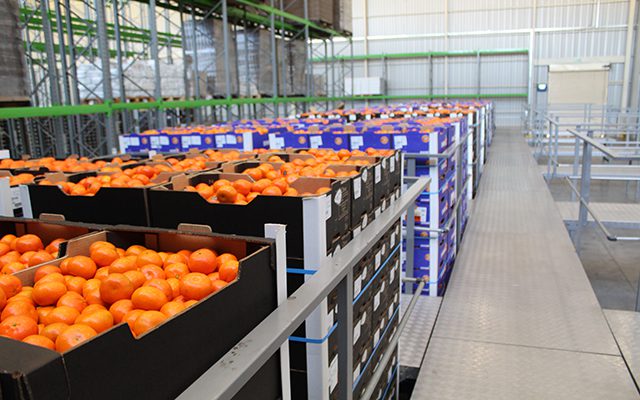
Speakers at the World Union of Wholesale Markets conference, held in Johannesburg, Gauteng, discussed how South Africa should position itself to remain economically stable in a world that remains in crisis.
Africa needs a strategy to optimise production and trade
Khaya Sithole, chartered accountant and thought leader, said that the political environment of the last few years has resulted in a reset in the pact between Africa and global players.
“We need a rethink on the model we will be pursuing as a continent, based on our strengths and challenges, which will get us to a position of optimum production and trade. So far, results have been elusive. But until we find a way forward, Africa will continue to be exploited and will remain vulnerable to global players’ politics.”
Geo-politics presents ominous headwinds
Ayabonga Cawe, chief commissioner at the International Trade Administration Commission of South Africa, said that he was particularly worried about export bans and restrictions on food staples like rice, of which South Africa is dependent on imports.
“We need to build some semblance of self-sustainability, but also increase our exports so that we can generate foreign exchange to buy the goods and services we can’t produce. The current geo-political situation complicates this.”
He explained that geo-politics presented looming and ominous headwinds, which to a certain degree South Africa could do little about. “It is quite worrying.”
Asian markets present good opportunities
Cawe was however optimistic about South Africa’s progress in gaining market access to Asia, especially in lieu of uncertain access to the US market. He did not believe that a greater swing of trade to this market presented cause for concern.
“Historically our trade flows have solely been linked into the nexus of North America and the Euro zone, so we already have an understanding of the risks that come with market concentration. It doesn’t mean that our traditional markets will cease to be on the agenda, but there are good opportunities in China and India for our exports.”
He said that South Africa was facing an existential crisis in its quest for greater market access.
“How will we find new markets and diversify exports in a way that allows farmers to at least retain their investments? The agricultural environment must be conducive to investment, specifically in new technology that increases production efficiencies, and creates jobs.”
While South Africa’s deep vertical integration within the agriculture sector was commendable, it did create additional vulnerabilities.
“The feed that goes into the chickens we slaughter is South African, and many of the input material for fruit packaging is domestically produced. So the kind of shocks we see when there are geopolitical issues that hinder trade, like we have seen with citrus black spot in Europe, has a big negative ripple effect across the country.
“But I would imagine many people in America and Europe really enjoy the produce that South African provides, and so for the foreseeable future it is unlikely that some of those sourcing relationships are likely to end.”
Get trusted farming news from Farmers Weekly in Google Top Stories.
➕ Add Farmers Weekly to Google ✔ Takes 10 seconds · ✔ Remove anytime






